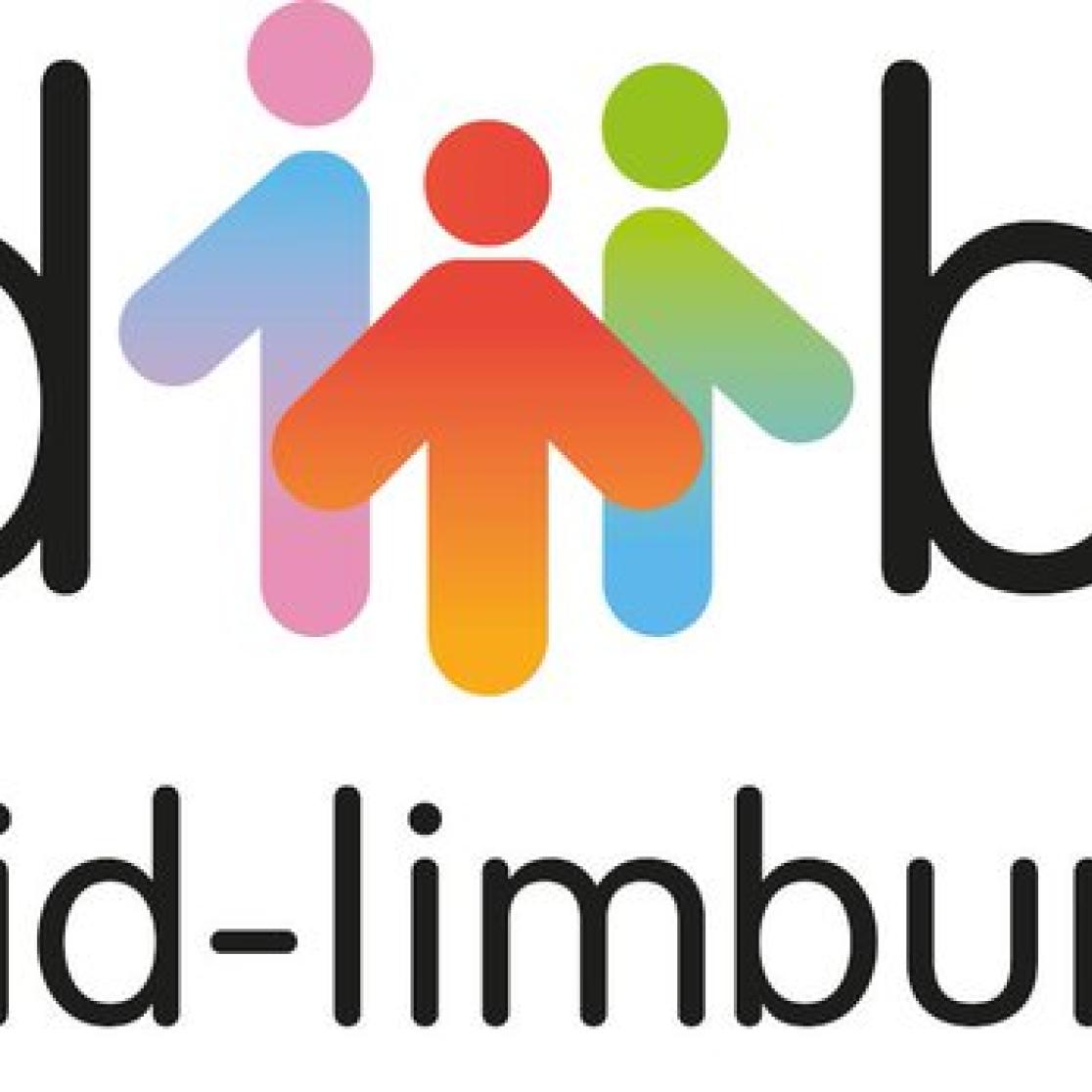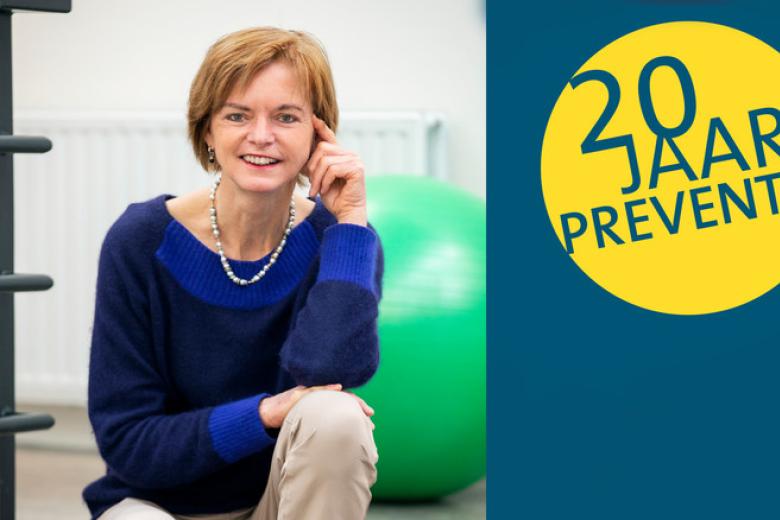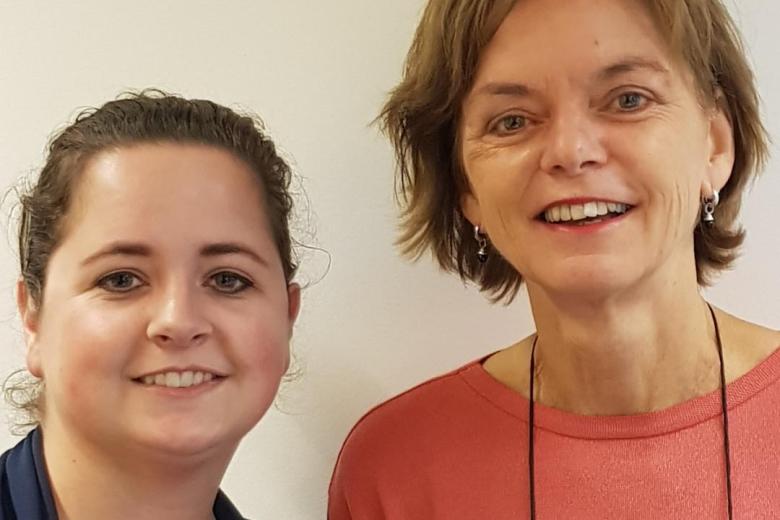South Limburg aims to reduce health gap by 25% in ten years

Focusing on young people to break the pattern
There is a persistent health gap between South Limburg and the rest of the Netherlands. By 2030, the region aims to have reduced this gap by 25 per cent. “CAPHRI researchers will have an important role to play in achieving this goal”, says Maria Jansen. “First, we have to provide statistical data on the issues and look for causes and connections. Then, we have to implement existing and develop new, effective programmes to address the issues. Finally, we have to monitor and assess those programmes. That’s the only way to find an answer to the question: are we doing the right things to reduce the gap?”
Involved research lines
- Creating Value-Based Health Care
- Optimising Patient Care
- Health Inequities and Societal Participation
Involved Living Lab
Maria Jansen works as a professor of Population-Focused Health Policy at CAPHRI. She’s also the programme leader of the Living Lab Public Health Limburg. All researchers who work here are affiliated with CAPHRI as well.
Compared with people elsewhere in the Netherlands, people from Limburg – South Limburg in particular – tend to be less healthy and live about one year less, Jansen says. There is a persistent gap in terms of health and participation between this region and the rest of the country. “To improve public health, it’s important to take an evidence-based approach. We need to use the best available evidence based on international research.”
Focusing on young people
Maria Jansen was responsible for De Limburgfactor, a study published by the South Limburg Public Health Service in 2015. Commissioned by the Province of Limburg, this study investigated the causes of the gap. Jansen’s report describes four directions in which solutions may be found: parent support, education, work, and focusing on young people. “The gap is inherited from generation to generation. Children who are born disadvantaged are unable to catch up with their peers. Intergenerational inequality is persistent in South Limburg. Focusing on young people will hopefully allow us to break this pattern. International research has shown that investing in early childhood development promotes health, participation and talent development. This means breaking the pattern is important from an economic point of view as well.”
Major step forward
Essentially, De Limburgfactor was the predecessor of Zuid Springt Eruit. This regional health policy document was approved by all sixteen municipalities in South Limburg in late 2019, making their common goal of breaking the pattern official. South Limburg now aims to give every child a strong start in life by investing in the first 1,000 days of life and the 20 years after that. To do so, the municipalities have joined forces with the Province of Limburg, the Dutch government, social and healthcare partners, and Maastricht University and the Living Lab Public Health Limburg. “I think it’s a major step forward that the important role of research in making progress is being recognised. Researchers providing statistic data on the issues definitely contributed to this.”
Successful initiatives
By combining their efforts, the parties involved can make sure that the effects of successful initiatives aren’t limited to the local level. Working together will also make it easier to join national programmes. In this respect, South Limburg is actually ahead of the rest of Netherlands in some ways: various programmes have already been introduced here because of the health gap. Researchers at CAPHRI and the Living Lab Public Health Limburg play an important role in these programmes. Take the Healthy Primary School of the Future, a programme that was introduced at four primary schools in the Parkstad Limburg region back in 2015. Researchers were involved in its development, implementation, monitoring and assessment. Or take Kansrijke Start Zuid-Limburg, which focuses on increasing the number of children in South Limburg who get a strong and healthy start in life from before conception onwards. South Limburg was the first region in the Netherlands to be able to introduce this programme because the necessary groundwork had already been laid. The programme combines health care with the family social environment. The effects of the overall programme will also be assessed.
Context-bound
And those were just a few examples of CAPHRI studies that are contributing to the goal of breaking the pattern. Another example is a study of children with birth defects in South Limburg. “The number of children born with birth defects here exceeds the national average. The question is: why? We think lifestyle plays a role, but other factors may also be involved, such as poverty and air pollution. If you want to find a solution to a problem, you first have to look for causal relationships”, says Maria Jansen. She cites one last example: INDIGO, a study of how combining changes in their physical and social environments affects people’s health. “All of these studies are characterised by the fact that they are context-bound. The researchers aren’t working in labs where they can control everything. So many variables are at play, from the weather to the level of public support for an intervention. But”, she concludes, “that’s exactly why conducting these studies is so interesting.”
Text: Karin Burhenne
Translation: Maud Bovelander

Involved partners
- Living Lab Public Health Limburg
- GGD South-Limburg
- 16 municipalities in South Limburg
- Childcare
- Citizen participation organisations
- Communities
- Daycare centres
- Different faculties and departments of Maastricht University and Maastricht UMC+
- Fontys University of Applied Sciences
- General practitioners
- National Institute of Public Health and the Environment (RIVM)
- Open University
- Primary and secondary (vocational) schools
- Private companies
- (Public) mental care
- Social work organisations
- Spatial development organisations
- Sport organisations
- Youth health care
- Zuyd University of Applied Sciences


